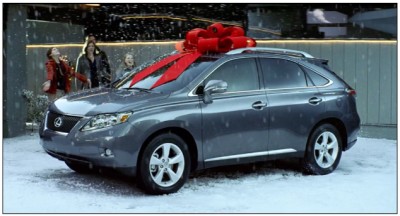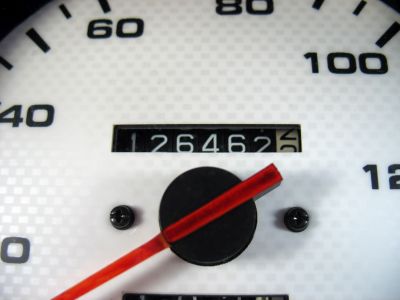8 Points to Ponder Before Purchasing an Automatic Standby Generator

Your premise needs a generator and you are deciding to purchase an automatic generator as a stand-by. However, before you put down your hard-earned money, there are points to ponder about which generator is best for your requirement.
There are many factors that need to be understood and considered to make the optimum choice.
Thankfully, the generator market today caters to a vast range that can suit all types of requirements. Given below are some of the points that need to be considered before you finalize your purchase.
#1 Peak Power Requirements
The first point to consider is your power requirement. Are you planning to run all the electrical fixtures during a power outage or just a few emergency fixtures?
Would the load requirement be different during summer and winter seasons? Is your facility, like a health center, required to comply with certain codes for emergency back-up? If you are planning to run all the electrical fixtures in your premises, you will need to calculate the load factor and the amperage to determine the generator size.
However, if only emergency fixtures are to be run, then the calculation would be for just those. But, you will need to split the emergency circuits from the others before you connect the generator.
#2 Installation
While any certified electrician can do the job of installation, it is always better to choose a company that has the expertise to install standby generators.
However, your location and the local rules and regulation could decide on the choice of installer.
#3 Diesel or Petrol
Depending on the type, generators run on gasoline, diesel, natural gas, propane and in some cases more than one fuel, a sort of hybrid. For most small operations, gasoline may seem like a good option; however, its volatility and corresponding danger of storage make it a poor choice.
Another factor to consider when deciding on the fuel is available and local code requirements. Propane, for example, may not be allowed in city limits. As per experts at https://www.ablesales.com.au/diesel-generators-perth-melbourne-brisbane/diesel-generator/ diesel is a good choice for several reasons.
Less volatile, easier to store, and much safer than the other types, diesel generators are also cheaper if used for extended periods or regularly.
#4 Location
Is the generator going to be stationary or is it going to be mobile? In the case of the former, local rules concerning installation code requirements will need to be followed. You will also need to ensure that the generator is placed at a height that will not allow any water to flood the insides.
There has to be enough space all around the generator for maintenance and repairs. You will also need to ensure safety in terms of ventilation, distance from combustible materials and ducting for exhaust. Many areas have a noise ordinance.
You need to be sure that the generator is within the specific decibel rating. Fortunately, there are silent generators available in the market which would take care of this issue.
#5 Transfer Switch
Although manual transfer switches are supplied with certain systems, there is not much of a cost difference between the manual and automatic systems.
Apart from ease of operation, automatic transfer switches also ensure an instant change over from grid to standby supply. The location and amperage rating for the transfer switch should be determined by the electrician or installation company.
Transfer switches for commercial applications also feature programmed transition, bypass isolation, and closed transition options.
#6 Maintenance
Maintenance of the generator is an important feature that ensures the longevity of the system. If your generator is used sporadically, chances are that it may be neglected for extended periods.
Starting the generator regularly, ensuring that fuel and oil levels are maintained, switches, cables, and wires are intact, and checking for wear and tear is part of the regular maintenance which needs to be done. You could take on the job yourself or sign up for a maintenance contract.
It would make little sense to invest in a generator that might fail at a critical time due to poor maintenance. If you’re looking for a generator with less maintaince then you may want to compare pulsar generators.
#7 Warranty
All companies offer warranties on their equipment, although the duration and terms and conditions of the warranty vary.
Ranging from one year to about five years, the warranty depends on the type of generator and usage. It is very important to understand all the terms of the warranty and ask for upgrades if required.
#8 The Purchase
Finally, buy from a reputed company with a good track record of its machines.
Remember, a generator is a long term investment and it would not make sense to be stuck with a machine that causes more problems than it solves.






